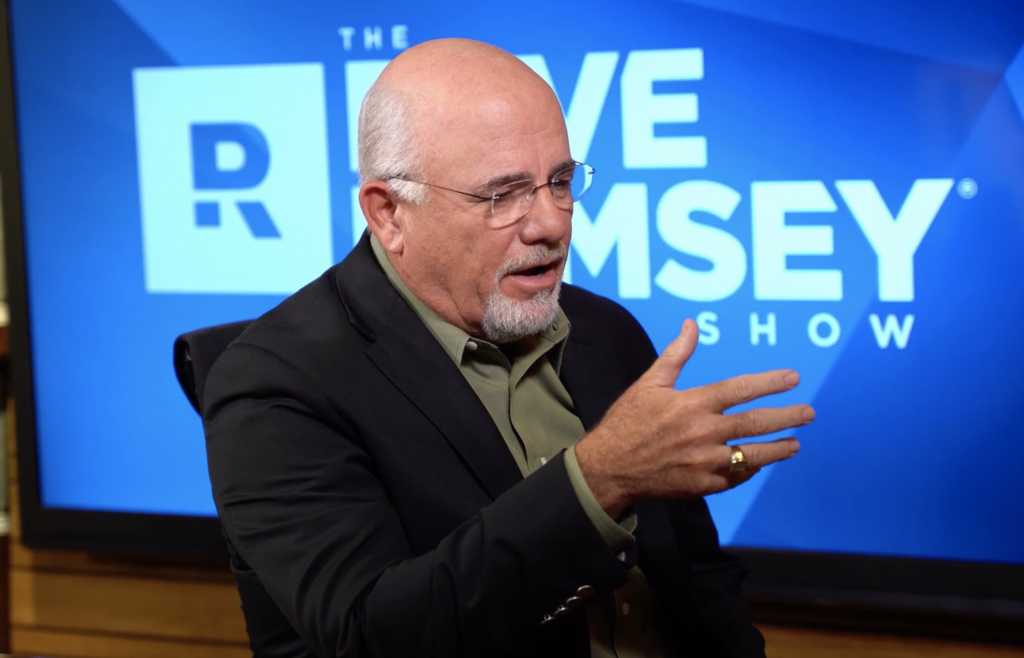Christian financial adviser and radio host Dave Ramsey is urging pastors to stop asking “broke people” to tithe until they’ve first worked on chipping away their debts.
Ramsey, during an interview with Baptist Press, said he just doesn’t think pastors, who hold a special place in his heart, should preach much at all on tithing — an opinion he admitted isn’t popular.
The only time sermons on tithing are appropriate, the “Financial Peace University” author said, is after pastors have first preached a pair of messages “on getting out of debt” and “on getting on a budget.”
“That’s the ratio for me instead of just ‘tithe, tithe, tithe,’” Ramsey explained, noting congregants who are financially strapped will just respond to tithing sermons by thinking, “Yeah right, I’ve got a light bill. That’s a great spiritual concept. Maybe someday I’ll get around to that.”
Instead, Ramsey argued, tithing will become a natural response for Christians who are making healthy financial decisions and living within their means, because believers should be eager to give. A lot of people, though, simply “do not have the ability to handle their money.”
Greg Laurie: The Three Challenges of Life Every Christian Must Understand
“Quit preaching tithe lessons to broke people,” he urged. “Let’s teach them how to get on a budget. … The natural byproduct of a Jesus lover when they have money is giving.”
Ramsey isn’t alone in his call for pastors to spend less time trying to, in his words, “extract money from broke people.”
Last year, in a column for The Gospel Coalition, Thomas Schreiner, a professor of New Testament interpretation and the associate dean for Scripture and interpretation at the Southern Baptist Theological Seminary in Louisville, came up with seven reasons why Christians today aren’t biblically bound to tithing.
“When Christians are instructed to give to the poor, they aren’t commanded to give ‘the poor tithe.’ Instead, they are instructed to be generous in helping those in need,” he wrote, noting tithing isn’t mentioned anytime commands to give generously are found in the New Testament.
Schreiner also pointed out that, while Jesus “affirmed” the tithe, he did so before the new covenant, which began with the Savior’s death, burial and resurrection.
“[Jesus] used tithing and sacrifices as illustrations when addressing his contemporaries,” the professor explained. “He kept the law since he was ‘born under the law.’ But we can no more take his words as a commendation for tithing today than we can his words about offering sacrifices.
Some, though, disagree with both Ramsey and Schreiner.
Chuck Bentley, CEO of Crown Financial Ministries, wrote in an op-ed for The Christian Post that giving “is not a tax or a legal requirement to please God, but a voluntary act of worship.”
“It is a tangible way to express our love to God,” he argued. “Give, even if you can only afford $1. As you give, ask God to multiply it for His Kingdom.”
Rather than following Ramsey’s strategy — save now, give next — Bentley urged Christians to do the exact opposite. He claimed it’s “important to give first, then save next, even if it is a very small amount in each category.”



